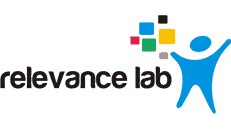We are targeting common use case of User & Workspace Onboarding and Cloud Formation template based complex workloads in AWS for Freshservice customers.
Click here for the full story.
2020 Blog, ServiceOne, Blog, Featured
AWS provides a Service Management Connector for ServiceNow and Jira Service Desk end users to provision, manage and operate AWS resources securely via ITSM Portal. However, a similar solution does not exist for FreshService. The same maturity of end to end automation for Freshservice customers can be provided by using Relevance Lab’s RLCatalyst BOTs solution. It will provide an Automation Service Bus between ITSM tools and AWS Cloud assets.
Freshservice is an Intelligent Service Management platform, which comprises of all the essential modules like Incident Management, Problem Management, Change Management, Release Management, Project Management, Knowledge Management and Asset Management including Hardware, Software and Contracts. It also provides consolidated reports including analytics.
Many customers are adopting Freshservice as an ITSM cloud based solution and orchestrating self-service requests for organizations. One of the common automation needs is for User and Workspace onboarding and offboarding that involves integration with HR systems, AWS Service Catalog and AWS Control Tower for proper management and governance. Similarly using Infrastructure As Code model, organizations are using Cloud Formation based template models for complex workloads provisioning with 1-Click models.
The Freshservice workflow automator with RLCatalyst BOTs integration helps in automation of simple repetitive tasks like assignment of tickets to the right groups, and setup of multi-level approvals. It is a simple drag and drop interface which can help to automate most of the simple use cases. In addition, the webhook option allows automation of complex workflows or use cases by integrating with the right automation tools. In addition to this, the business rules for forms feature will enable you to describe conditional logic and actions to create complex dynamic forms.
The below diagram illustrates the Integration Architecture between FreshService, AWS and RLCatalyst.
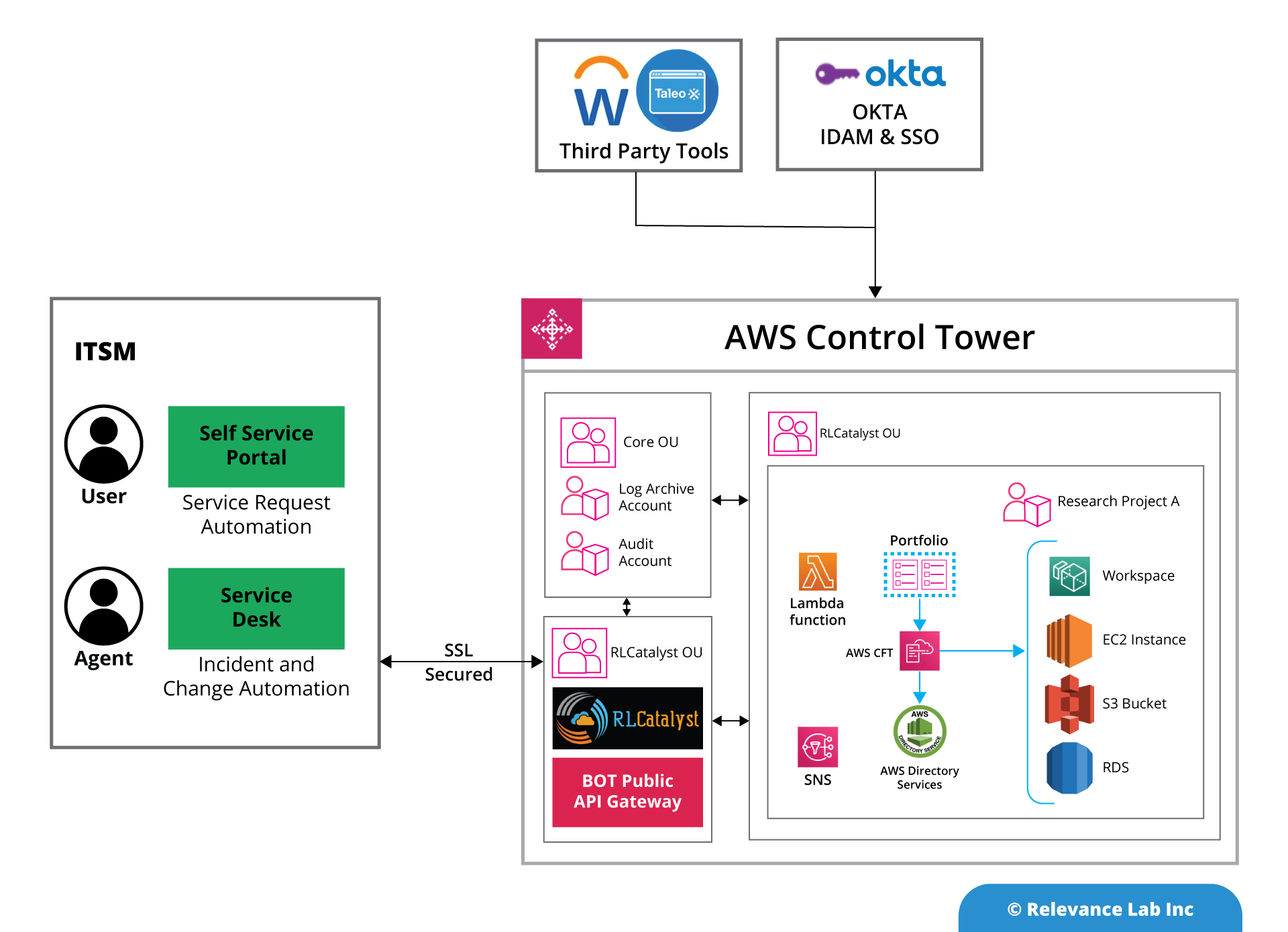
Using the integrated solution, organizations can automate use cases related to both End User Computing (EUC) and other standard Server side workloads provisioning. Two common examples are :
- User and Workspace Provisioning : Onboard a new user and request for an AWS workspace where the original request is generated by Workday/Taleo.
- Server Infrastructure Provisioning, Application Deployment and Configuration Updates : Request for provisioning of a complex multi-node workload using Service Catalog item fulfilled with an AWS Cloud Formation template and post provisioning setup.
The below diagram illustrates the following EUC automation.
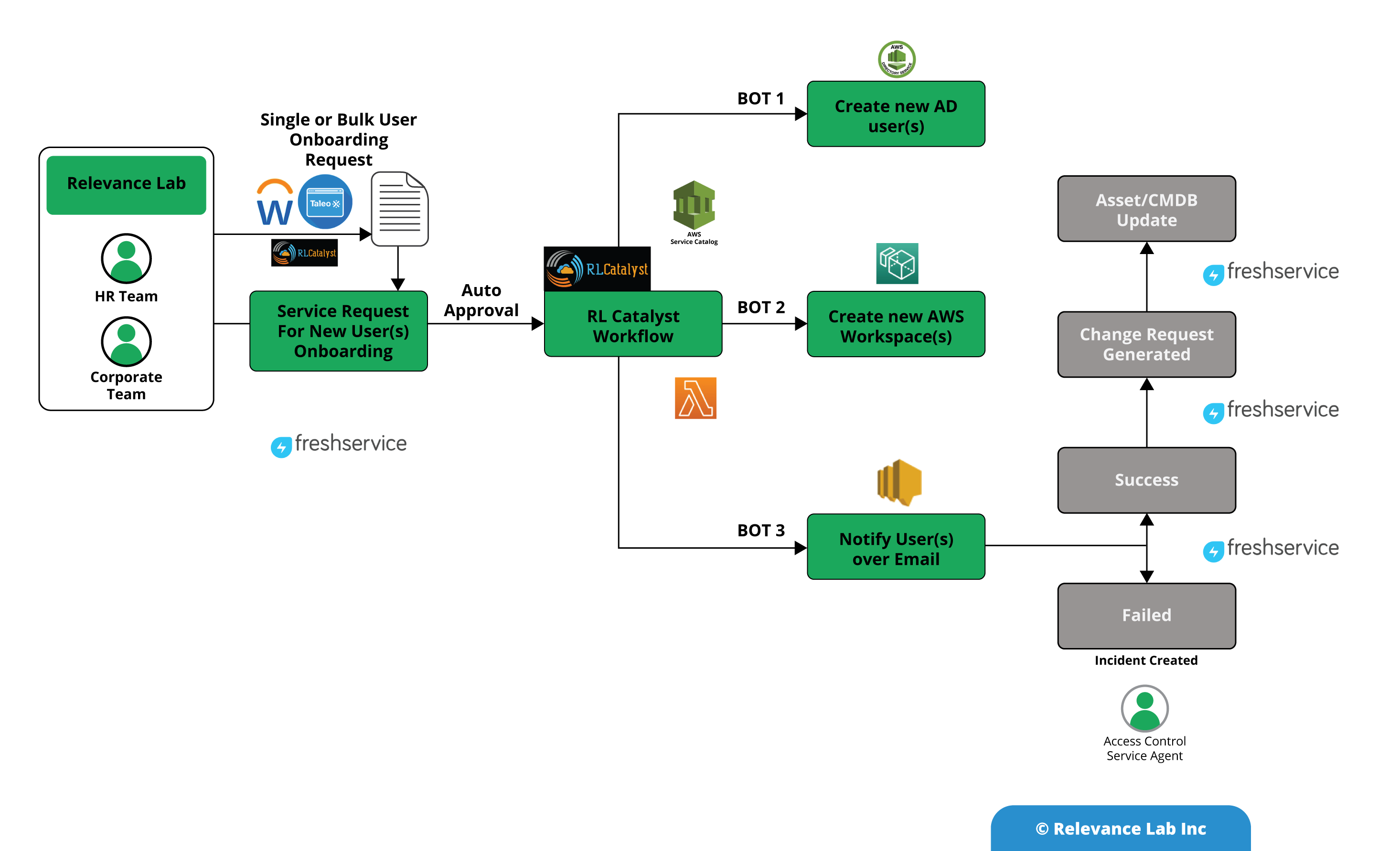
The steps to Onboard a new user and Workspace in an automated are as follows.
- RLCatalyst enables Freshservice to create an Service Request(SR) using the file generated from Workday or Taleo.
- Once an SR is created, the workflow automator of Freshservice triggers the approval workflow for either auto approval, cost based approval or role-based approval.
- Based on the approval workflow defined, and successful execution of the same, the next step is to request RLCatalyst to trigger the onboarding workflow within RLCatalyst.
- RLCatalyst, then enables the BOT 1for creation of a user in simple AD.
- BOT 2 sends out a request for provision of AWS workspace, while the BOT3 looks for the status of the workspace creations.
- Once the status is received on the successful provision by the BOT3, the workflow instructs the AWS SNS to send out a notification email to the end user with the workspace details and login credentials.
- Finally, RLCatalyst sends a request back to Freshservice for the successful closure of the SR.
- In case of failure of workspace provision, RLCatalyst will instruct Freshservice to create an Incident to check for the Root Cause Analysis(RCA).
Similarly, a user can request for a multi-node application stack deployment in AWS using Freshservice service catalog. The below diagram illustrates the following :
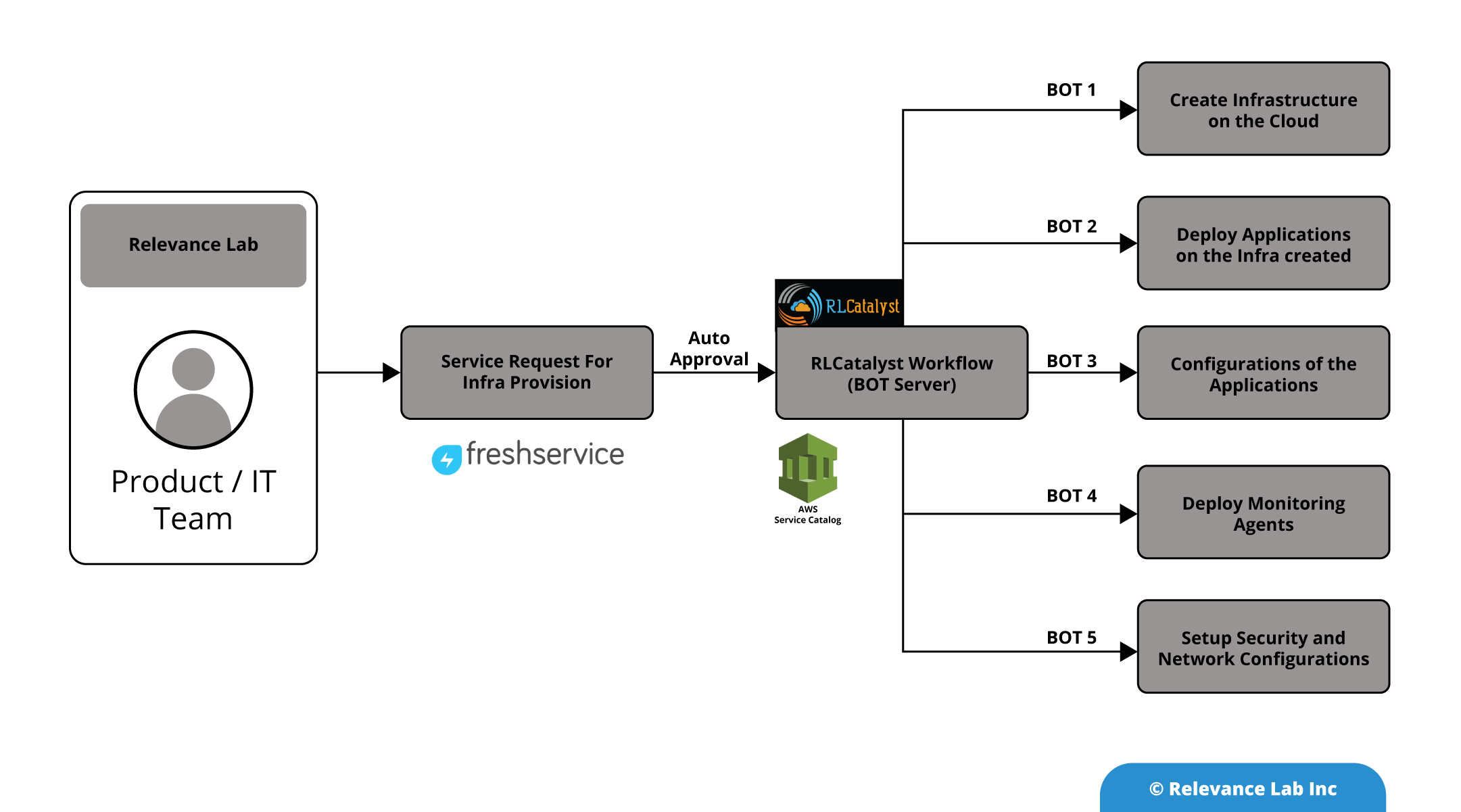
- Create the infrastructure with multiple AWS resources (EC2, S3, RDS etc).
- Deploy one or more applications on the instances created (Web Tier, App Tier, DB Tier).
- Configure the application with the run-time information. e.g. DNS endpoint creation, bind the listening IP address of an application to the IP address of the instance created. Then update YAML files with environment variable values etc.
- Deploy the monitoring agents like Infra health, App health, Log monitoring and Service Registry.
- Setup network configurations like hosted zones, routes etc and setup security configurations like SSL certificates.
The multi-stage orchestration requires a workflow for state and context management during the lifecycle and this is provided by using RLCatalyst Workflow capabilities.
Relevance Lab is a solution partner of Freshservice. We assist the enterprises to adopt AWS Cloud with intelligent automation using RLCatalyst BOTs. Relevance Lab also offers a pre-integrated solution of ServiceOne with Freshservice.
For a demo video and for more details, please
click here.
For more details, please feel free to reach out to
marketing@relevancelab.com
Relevance Lab partners with ServiceNow DevOps and joins the Early Adopter Program.
Click here for the full story.
News
Relevance Lab has a Systems Integration, Technology and Reselling partnership with ServiceNow. We are also one of the select few implementation partners for their newly launched DevOps product and its Early Adopter Program.
Under the Early Adopter Program, Relevance Lab has controlled early access to training, enablement content on new ServiceNow products. Partners accepted into this Program are trained to sell and implement the new product(s) prior to worldwide general availability.
ServiceNow DevOps is built on a powerful and intelligent data model using out-of-the-box integrations to the tools that developers already use today like Jira, GitHub, Jenkins and Azure DevOps. It can collect and connect information from across the DevOps toolchain to solve some of the hardest scaling problems. ServiceNow DevOps enables you to accelerate changes while ensuring effective and transparent risk management. This can make change management transparent to developers which helps to make development teams more productive while increasing employee and customer satisfaction.
Key Features:
- Pipeline Modeling: Model your DevOps pipelines in ServiceNow for simpler management of the process and end-to-end visibility.
- Integrations: Out-of-the-box integrations to your existing DevOps toolchain to collect lifecycle events and data, saving time and integration maintenance expense.
- DevOps Insights: Surface shared insights through reporting and analytics that provide operational and business insights to improve collaboration and communication.
- Change Acceleration: Automatically create Change Requests for stages under change control. There is a DevOps Change Workflow and DevOps Change Approval policy to enable automating DevOps change approvals.
Find out more at www.servicenow.com/products/devops.html
Relevance Lab continues to expand its DevOps specialization by adding ServiceNow DevOps to its portfolio of automation technology expertise, with this addition we will be able to further enhance the software delivery infrastructure for our customers leading to faster and better release rollouts. We are also investing in developing additional integrations to the ServiceNow DevOps platform with tools like Harness and Chef.
For more details, please feel free to reach out to
marketing@relevancelab.com
ServiceNow Automation Test Framework (ATF) provides a flexible and mature solution to speed up platform upgrade testing.
Click here for the full story.
2020 Blog, Blog, Featured
ServiceNow is the dominant platform used by the organizations for IT Service Management. Organizations are using ServiceNow to build digital workflows and drive frictionless business. By leveraging DevOps & Automation, organizations can speed up software release and upgrade cycles.
With two major releases per year and quarterly updates of security patches, ServiceNow, has ensured that the new features are up to date as per the current industry trend and in compliance with the security mandates. However, to ensure that the customer gets the benefit of all these new features and security updates, organizations need to ensure they update to the latest version on a timely basis. The onus is on the individual organizations to ensure all their customizations are tested thoroughly after every upgrade or security update. Some of these upgrades can run into a few hundreds of test cases in an organization. Testing each of these features after every upgrade would typically take a few weeks to a few months based on the number of test cases. Many organizations are building custom applications on top of the ServiceNow platform, which adds burden on testing during upgrades.
ServiceNow has come out with an Automated Test Framework (ATF) from Istanbul version and above, which can automate testing and reduce the time taken from a few weeks to a few days. ATF is intended for Regression Testing and will ensure that your existing functionality remains intact. It enables no-code and low-code users to create automated test scenarios with ease. ATF reduces bottlenecks related to upgrades by reducing manual testing significantly, with minimal business impact and fasten development efficiency.
Benefits of ServiceNow ATF:
- Free and Out of Box (OOB) feature without any add-on cost.
- Fast track upgrade and development time by shifting manual testing to automated testing.
- Validate all your customizations with every change/update/upgrade.
- Reduction of manual errors due to consistency in the way the test cases are run.
- Reusable and simple to use.
- Testing can be executed along with development resulting in better quality output.
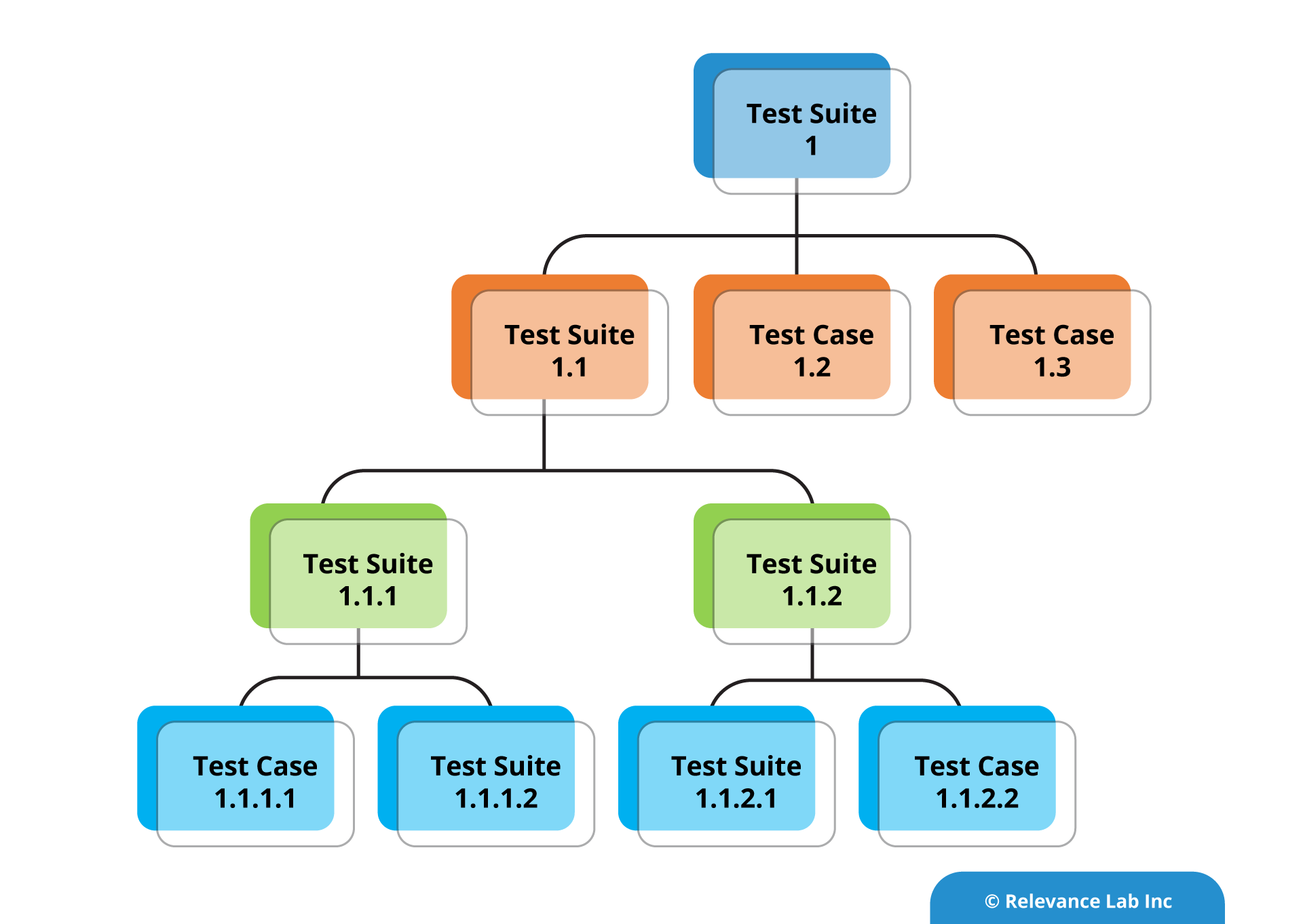
As shown in the above example, a test case with about 10 scenarios which would typically take 10 hours in a normal scenario would take only about an hour with ServiceNow ATF. This can be achieved creating and running batches of tests with automated test suites. Tests can be grouped together using test suites and this enables to run a group of test cases as a single job.
What is the Automated Test Framework?
ATF is a tool to streamline the upgrade and QA processes by building automated tests to check if software or configuration changes have potentially ‘broken’ any existing functionality. It also means developers would no longer be required to start operational activities like code refactoring to generate new test cases.
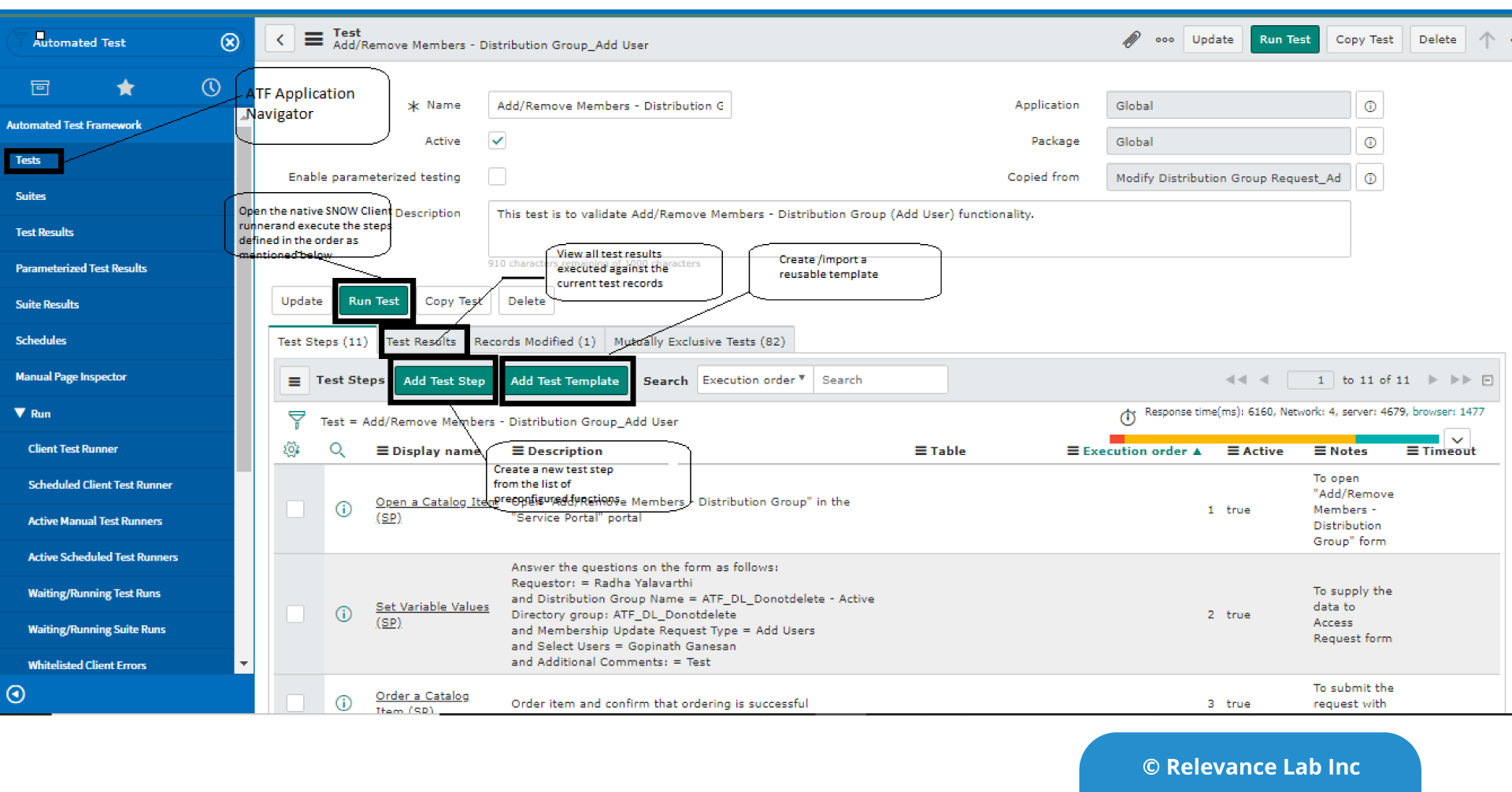
Customer Solution :
Relevance Lab has helped a large US based Digital learning company benefit from Intelligent Automation of their ServiceNow instance with their ATF. The customer uses ServiceNow extensively for ITSM, IT Asset Management, GRC, IT Operations Management, Vulnerability Remediation life cycle. Relevance Lab has implemented extensive automation of servicenow tickets (Incident, Problem, Change, Service Requests, Vulnerability Incident tickets, CMDB etc.) using their RLCatalyst product. The automation has implemented a number of customised forms, workflows and data schema which needs to be validated everytime a servicenow instance is upgraded. The normal cycle of upgrade would take about a week, but ensuring complete testing post upgrade took upto 3 weeks. To cut down on the cycle time and increase the quality, the entire upgrade cycle and associated functionalities were automated for testing using ServiceNow ATF. This helped in reduction of testing effort of 3 weeks for 400 test cases (104 flows) to 0.5 days using ServiceNow ATF with over 90% reduction in testing efforts and more accurate quality output.
The test cases varied across the below top categories
- SAML SSO.
- Okta Provision.
- User Access Requests.
- Bot Automation.
- Asset Catalog.
- Change Management.
- Surveys.
- Contract Management.
- Asset Management.
- Knowledge Management
- Reports & Dashboards.
- GRC & GDPR.
Relevance Lab is a partner of ServiceNow and helps organizations extract maximum ROI of the ServiceNow Platform. As part of this, we help organizations adopt the automated test reusable framework for all change requests, security updates or even major version upgrades.
For a demo of ServiceNow ATF, please
click here.
For more details, please feel free to reach out to
marketing@relevancelab.com
